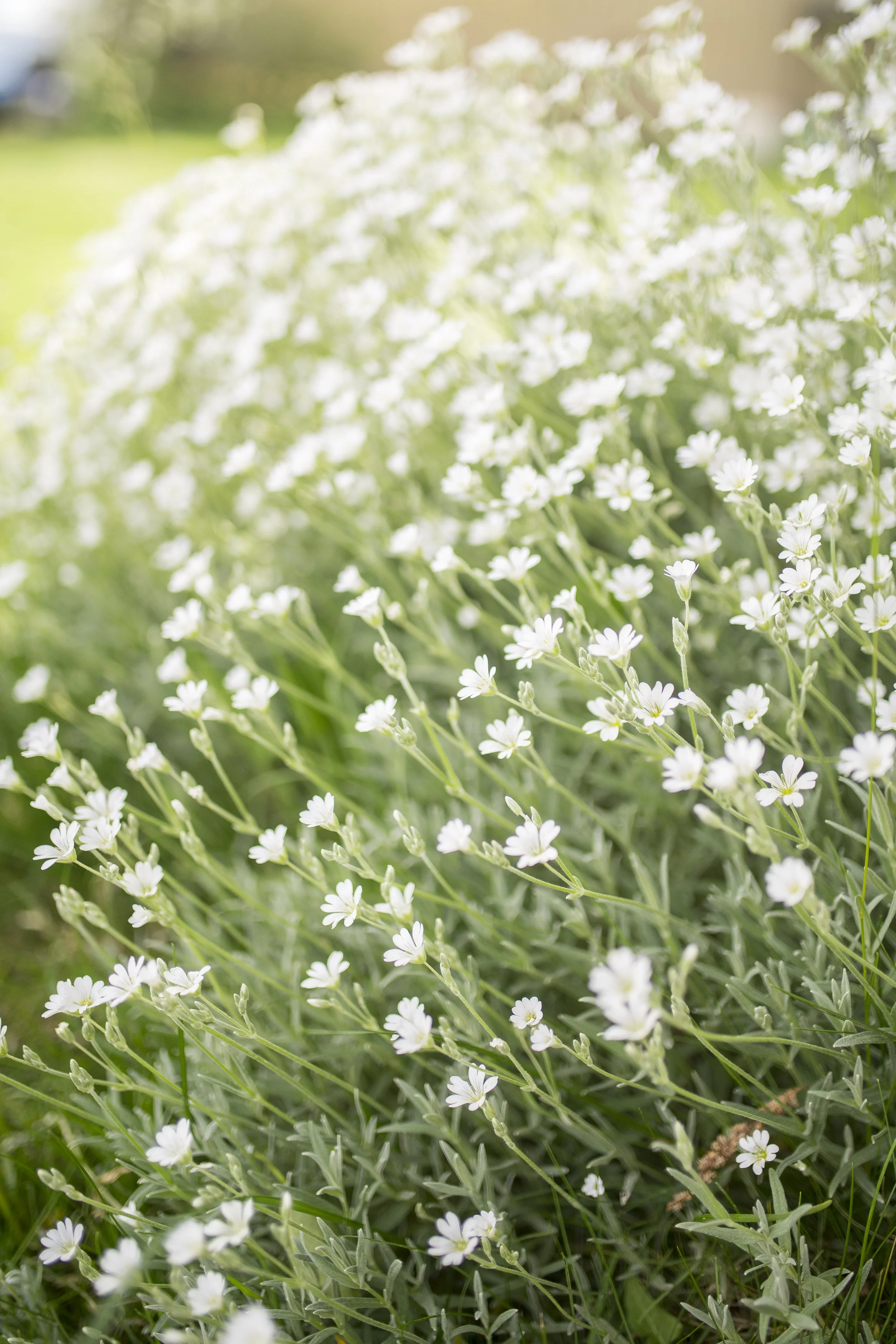at 31
/I asked Sam the other day who the “child” was who was rolling hose at the fire station. Apparently that child was 23 and has already gone through medic school—older than I was when Sam got hired. Did I look that young, once?
I spend a fair amount of my time with people older than myself, but none of them has mentioned the weirdness of being a business owner in a networking group run by fellow 1990s-born peers, of taking your kids to a pediatrician younger than yourself, of realizing your husband is now the senior person on his shift when just the other day you were the newlyweds and newly-hireds meeting the veteran lieutenant for the first time.
And then Charlie Kirk was murdered.
Thirty-one years old.
Parent of two.
This is life now in the middle place, not young, not yet old: watching faces fade out of family photographs one by one, watching your baby morph into a toddler and then into a kid, every day feeling like you’re meeting someone new and losing someone old. Childish romanticization of young death gives way to a desperate prayer that God will have mercy on your family for another day, that the inevitable shattering loss will stay its hand for just one more hour of the present tranquility.
Time pulls like a riptide, and perhaps the lesson is that the harder you resist, the more likely you drown. Breathe. Don’t try to swim to shore. The waves will always win.
He was 31. So am I.
He was a parent of two. So am I.
He was mortal, fragile, always just one breath away from God taking His breath back. So am I.
At 31, a Levite man might have been a priest for a year. At 31, Jesus was one-third of the way through His ministry and two years away from death. At 31, my husband had already been bereaved of his mother; at 31, my mom became pregnant with me; at 31, my cousin Megan had just one year left to live.
In this state we live and endure, somewhere between certain death and eternal life, between paralyzed fear and a frenzied sprint, not young anymore but not quite old. Like wildflowers doggedly fighting for survival, we stay productive and pretty and try to forget that it’s all because we know winter is coming and we are going to die.
We don’t know when. But we can sense the angle of the sun is changing.





